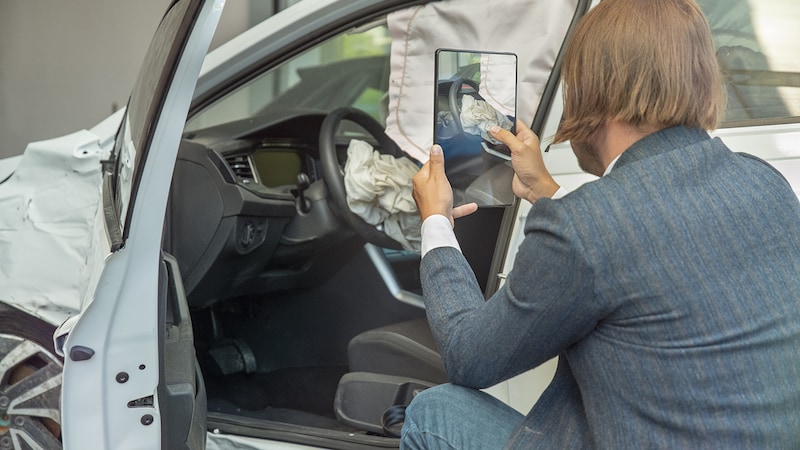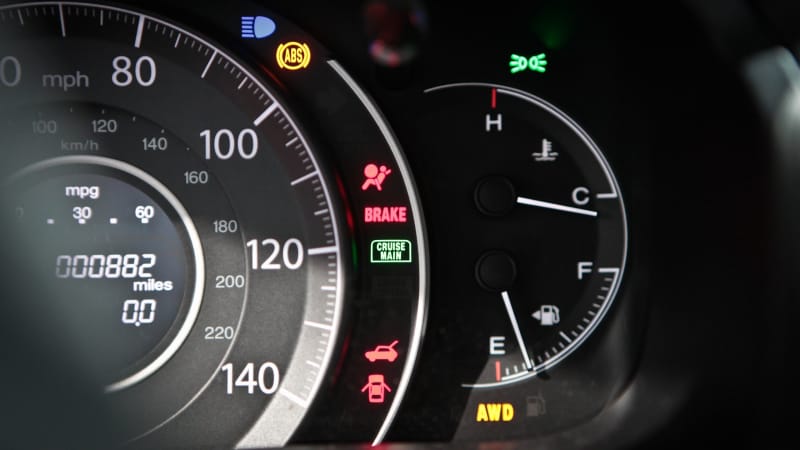Carpooling benefits and how to get started

Quick insights
- Carpooling can help reduce emissions and traffic.
- Sharing rides can help you save money on gas, parking and vehicle maintenance.
- Joining or starting a carpool can make commuting less stressful, give you more time to relax and even help you meet new people along the way.
With traffic seemingly building by the day, even life in the fast lane seems to be getting crowded. Maybe you’ve looked longingly over to the carpool lane, with plenty of room and just a few cars whizzing by every so often. A potentially speedier commute, however, is just one of many carpooling benefits. There are also environmental, financial and social benefits of carpooling that might make it something to consider incorporating into your life.
What is carpooling?
Carpooling is the act of sharing a routine commute — whether it’s going to work, school or anywhere else — with others headed in the same direction. People participating in a carpool often rotate the use of their vehicles, chip in for fuel costs and maintenance or share responsibilities and usage in some other way that everyone agrees to beforehand.
Environmental benefits of carpooling
Let’s look at some of the environmental benefits of carpooling, which can help promote a cleaner, greener future:
- Reduced emissions: Since there’s only one active vehicle a day per carpool group, starting a carpool can help reduce the number of vehicles on the road and, consequently, emissions as well.
- Reduced fuel or energy consumption: For similar reasons as above, reducing the number of cars on the road per day may also help reduce the overall demand and consumption of energy.
- Reduced congestion on the roads: Reducing the number of cars on the road has a tangible benefit we touched upon earlier — less traffic to contend with, which makes the drive that much nicer for everyone else on the road too.
- Increased fuel efficiency: Another side effect of reducing traffic is that less stop-and-go driving typically leads to increased fuel efficiency. So, carpooling won’t just help you save on how often you get gas — if enough people participate, it may help you get more out of each fill-up.
- Reduced burden on parking infrastructure: Reducing the number of cars driving around allows urban infrastructure currently dedicated to supporting that much traffic (like parking lots) to be converted for alternative uses (like more housing in a downtown area).
Financial benefits of carpooling
If the thought of going green isn’t compelling enough for you, maybe you’d be more interested in a different kind of greenery — the financial benefits of carpooling:
- Reduced fuel costs: Since you’re driving your car less frequently as a member of a carpool, you’ll need to fuel your car less frequently too, which could offer some tangible relief to your wallet.
- Reduced maintenance costs: For the same reason as above, you’re also likely to have less frequent need of maintenance and repairs since your car isn’t getting as much wear and tear anymore.
- Increased fuel efficiency: As mentioned earlier, reduced stop-and-go traffic can improve fuel efficiency for everyone in the long run.
- Potential tax credits for carpooling: Depending on the driver’s state of residence, there may be some tax credits available to those participating in a carpool. Note, however, that not all states offer a carpooling tax credit. It’s helpful to consult with your state authorities to see if they offer these credits and how you might qualify.
Social benefits of carpooling
People are, by nature, social animals. One positive impact of carpooling that sometimes gets overlooked are the social benefits this arrangement may provide:
- Meeting new friends and forming a community: Whether you start a carpool with people you already know, like your neighbor, sharing rides with someone regularly creates a lot of opportunities to develop or strengthen your bonds with them. You may end up growing closer to a friend, discovering new depths with a coworker or making new friends you wouldn’t have met otherwise.
- Reduced stress during the commute: Driving through morning or evening traffic can be a stressful experience. Being able to take turns doing that can help you relax and decompress during the ride when it’s not your turn to drive. You’ll also be able to use the high-efficiency carpool lane where available, to potentially minimize the chance of being stuck in traffic for too long. Finally, even when it is your turn to drive, having some company could help take the edge off the experience.
Potential drawbacks of carpooling
After discussing the various benefits of carpooling, it’s only fair to also elaborate on some of the potential drawbacks that it may have:
- Coordination: Coordinating with other people, lining up schedules, arranging for backups and holding everyone accountable can be potentially challenging. The bigger the group, the harder it is to coordinate in most cases. On the other hand, too small a group may not give every member enough of a break between driving days or have inadequate backups available when someone can’t make it.
- Personality problems: Some people are harder to share a commute with than others. Personalities don’t always match up, and there is a chance you may end up sharing your commute (which could be several hours of your day) with someone you find unpleasant or potentially distracting from the road.
- Health and personal space: Individual health concerns may lead some people to opt out of sharing a car with other people.
Tips to find a carpool
Finding a carpool nearby may be as simple as asking your friends and family to see if there are any shared destinations or routes among you. If there are, you could try gauging their interest to see how many of them might be willing to carpool with you. You could also try asking around with your coworkers, particularly if there are some that live in the same direction as you.
Alternatively, you might try searching social media to see if there are dedicated local groups for carpooling (there often are). If you go this route, you may want to find social groups that are verified for your safety. The good news is that these groups are often organized by neighborhoods for convenience.
In summary
The benefits of carpooling have the power to potentially transform your commute. You might save on costs like gas and repairs, all while enjoying the satisfaction of knowing you’re reducing your impact on the environment. You may even make some new friends along the way.



